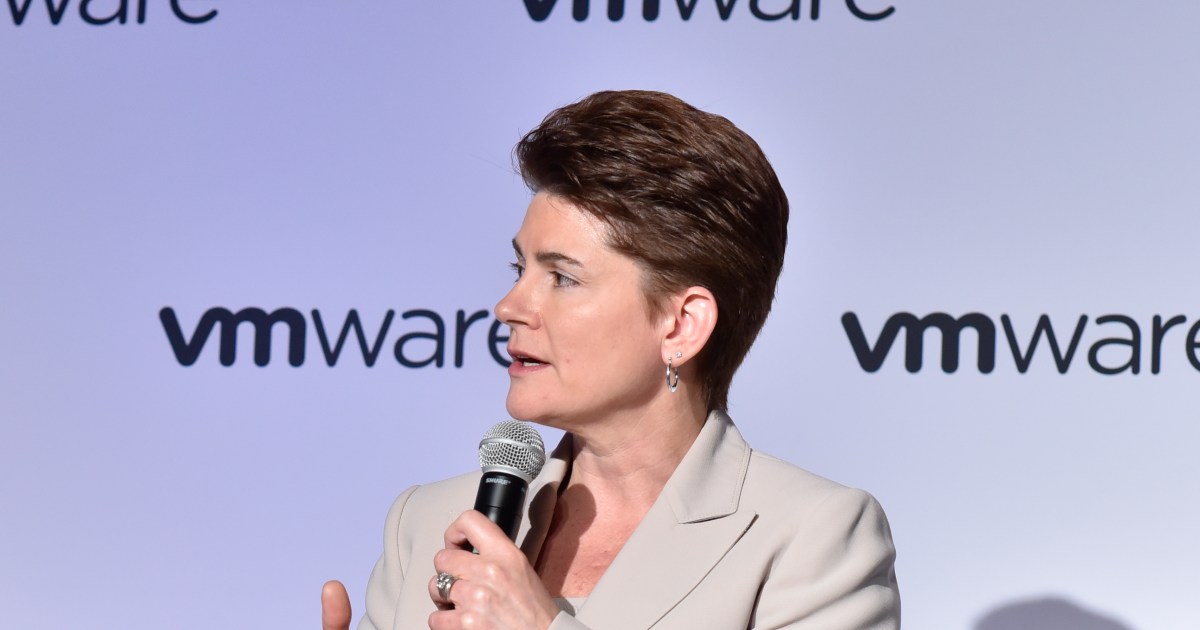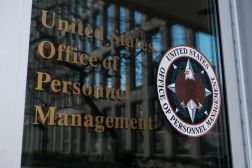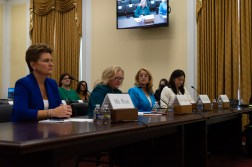Maria Roat: ‘Rollercoaster ride’ of 2020 provides CIOs opportunity to modernize more in 2021

After experiencing the “rollercoaster ride” that’s been 2020, the federal government is focused on continuing to “challenge the status quo” and “thriving” using digital technology to serve citizen and mission needs in the next year, said Maria Roat, deputy Federal CIO.
CIOs were successful in rapidly moving to cloud-enabled telework environments when the COVID-19 pandemic hit, often moving nimbly to break down bureaucratic barriers for their emergency response and continuity of operations. And in doing so, they showed the modernization potential within the government that agencies must look to sustain and build upon next year, Roat said last week at ACT-IAC’s virtual ELC conference when asked about priorities for the coming year.
“The federal government has to continue to really thrive as it’s using advanced digital technology to make sure that we’re communicating with the public and that we’re interacting with service providers, that we’re leveraging all the technologies there,” Roat said. “And as I look over the next year, these changes really give us opportunities to continue to innovate and challenge the norms and status quo. We did this this year — we cut through the bureaucracy. And I think the opportunity is there to continue to really challenge this normal status quo and breakthrough a lot of the noise and the red tape and really get it out of the way.”
Doing so, however, will take some more tough work, particularly in identifying which legacy tools and technologies should stick around and be moved into modernized environments, and which ones should go.
“This is doubling down on our application rationalization, as well as our legacy systems that are holding agencies back from using the new technologies,” Roat said. “So even through the pandemic, we put up new webpages, but there were APIs that were hooking back to systems that were 10, 15, 20-years-old. And some of those were single-threaded processes — old stuff. And I think at some point, we have to double down on all of those legacy systems and the application rationalization even as we’re moving forward on other fronts, we have got to get rid of and modernize those applications.”
On a personal front, Roat said she’s most excited in 2021 at the opportunity to address the entirety of the federal government as a single entity and build better processes for how agencies work together in an interconnected way to support one another.
“I am most excited to really get to see more of that as we move forward over the next few years,” Roat said. “So that enterprise model, whether it’s collaboration, data sharing across the entire federal government, and really looking at those systems of systems across the federal government, and how we interact with each other. Can we get some of those barriers out of the way?”
The answer to that final question, she believes: “It’s not tech — it’s policy and guidance and those kinds of things.






